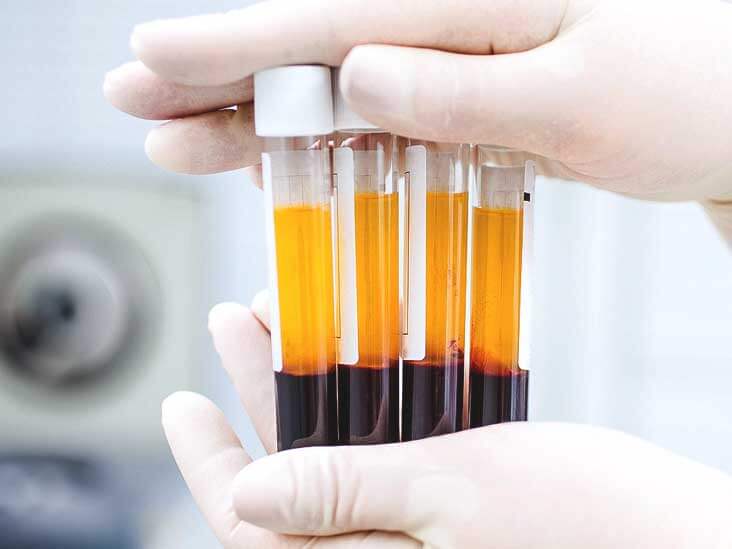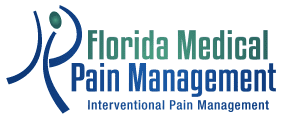
Can I Drink Alcohol Before PRP Injection
Can I drink alcohol before PRP injection? The PRP injection process is simple, safe and effective. However, it can affect different people in different ways. If you’re going to have a PRP injection, it’s important that you know of the things to avoid doing before the procedure, including limiting alcohol consumption.
Why shouldn’t you be able to drink alcohol after PRP injection? It is known that alcohol can cause blood to thin and interfere with the body’s natural healing process. This can also lead to increased bruising and inflammation. Alcohol can also affect the platelet function, which could lead to poor results from platelet rich plasma injections. Avoid heavy drinking for at most one week prior to and after PRP therapy.
Three Reasons Not To Drink Alcohol After PRP Injection
PRP therapy harnesses the power of blood platelets to stimulate tissue regeneration and wound healing. It was originally used to treat chronic pain, musculoskeletal disorders, and joint injuries. Recent developments have seen PRP used by many aestheticians to promote hair growth and skin renewal.
It is crucial to separate the platelets from red blood cells and the white blood cells in order to perform a PRP treatment. Multiple growth factors and proteins are found in platelets that can be used to repair tissues. However, there are many factors that could affect the platelet concentration and impact your recovery.
Patients receiving PRP treatment should remember to not drink alcohol afterward. It is a known fact that excessive alcohol consumption can have long-term health effects. However, it can affect PRP treatment by:
It Reduces the Healing Ability of the Platelets
The body’s healing process is aided by platelets. It promotes blood circulation and provides a wealth of growth factors. These growth factors are vital for the repair and development of damaged tissue and new cells. They also stimulate collagen production. However, higher alcohol levels can cause a reduction in platelet function and decrease in platelet count during a PRP treatment.
Low platelet count and reduced viability may make it difficult for PRP injections to achieve their maximum healing and reparative capabilities. Patients may not get the results they desire and may experience a decrease in hair loss or other pain symptoms.
It Prolongs the Healing Process and Increases Inflammation
Patients who drink alcohol before or after treatment may be more likely to bruise and inflame. This is because alcohol acts as a vasodilator, which means it can increase blood flow and widen blood vessels in the area being treated.
Drinking alcohol right before or during your PRP procedure can cause you to bruise easily. This is because more blood is leaking out of the vessels. It can also affect the way your body reacts to platelet injections. You may experience a longer recovery time after PRP injections because you are more likely to bruise from increased alcohol intake.
It Promotes Dehydration
It is important to keep hydrated after a PRP injection. However, you don’t have to drink alcohol. Although it may temporarily quench your thirst it is a diuretic which can cause fluids to quickly pass through the kidney system. More tissue and cell damage can be caused by dehydration. You may feel fatigued, which can prolong your recovery time and interfere with your body’s natural healing processes.
When Is It Safe to Drink Alcohol After PRP Injection?
There is no downtime following PRP treatment. However, patients should take it easy for the first few days after their procedure. Avoid excessive alcohol and social drinking for 3-7 days following injections.
Once most side effects have subsided, patients can resume drinking alcohol. It is important to consume alcohol responsibly. Alcohol can cause side effects that affect PRP results and may lead to chronic health problems. In the long-term, it can also weaken your immune system and platelet function. It can also lead to thinning hair, inflammation, and poor joint health.
Additional Important Things to Remember After PRP Injections
Although PRP is not a surgical procedure, side effects can still occur. These side effects include redness, swelling, mild pain, bruising and soreness. Because blood extraction involves blood, some people may experience nausea or lightheadedness.
These are some reminders for aftercare to ease the side effects and discomfort of PRP injections.
- You should not take anti-inflammatory medication for at most 4 to 6 weeks following the procedure. They can inhibit platelet function and interfere with your natural healing process.
- You should stop taking steroid injections or blood thinners for several more weeks, until your provider allows you to resume them.
- Consume no herbal or nutritional supplements, such as Vitamin A, Vitamin E, Fish Oil, and Turmeric, for at least one week following the procedure.
- You should take plenty of rest and avoid strenuous activity, especially if you have had PRP joint injections.
- You can use crutches to aid in movement after PRP treatment, especially if it is necessary.
- After a PRP hair-restoration treatment, do not use any harsh chemicals or hair styling products.
- Avoid saunas and steam rooms for more than 48 hours.
- You should continue to avoid caffeine, alcohol, or smoking for at least 72 hours following treatment.
- To ensure a smooth recovery, increase your water intake.
What Is the Average Time It Takes to See Results From PRP?
PRP injections take approximately 4-6 weeks to recover depending on how well the patient is responding to treatment. This can depend on many factors, including the severity of the injury, the number of PRP injections and the amount of serum platelets. For serious injuries, however, the injections may take up to a month to start to work.
Contact Us
Florida Medical Pain Management treats patients dealing with chronic pain. We use state-of-the-art procedures including medication, interventional techniques and biofeedback along with other techniques to combine the best possible pain relief for our patients. Call us today so we can help.
Our Treatment Services
Florida Medical Pain Management top priority is to serve all of our patients’ needs and create long-lasting relationships with them. Our treatments include:
- Treatment for Neuropathy
- Arthritis Management
- Back Pain Medication
- Chronic Pain Treatments
- PRP Injections
- Epidural Injection
- Regenerative Medicine
- Hip Pain Medication
- Ketamine Infusion Therapy
We want to help each patient live a more fulfilling and productive life by effectively managing their pain. Florida Medical Pain Management also provides home therapy and many more.Click here to see our other services.















